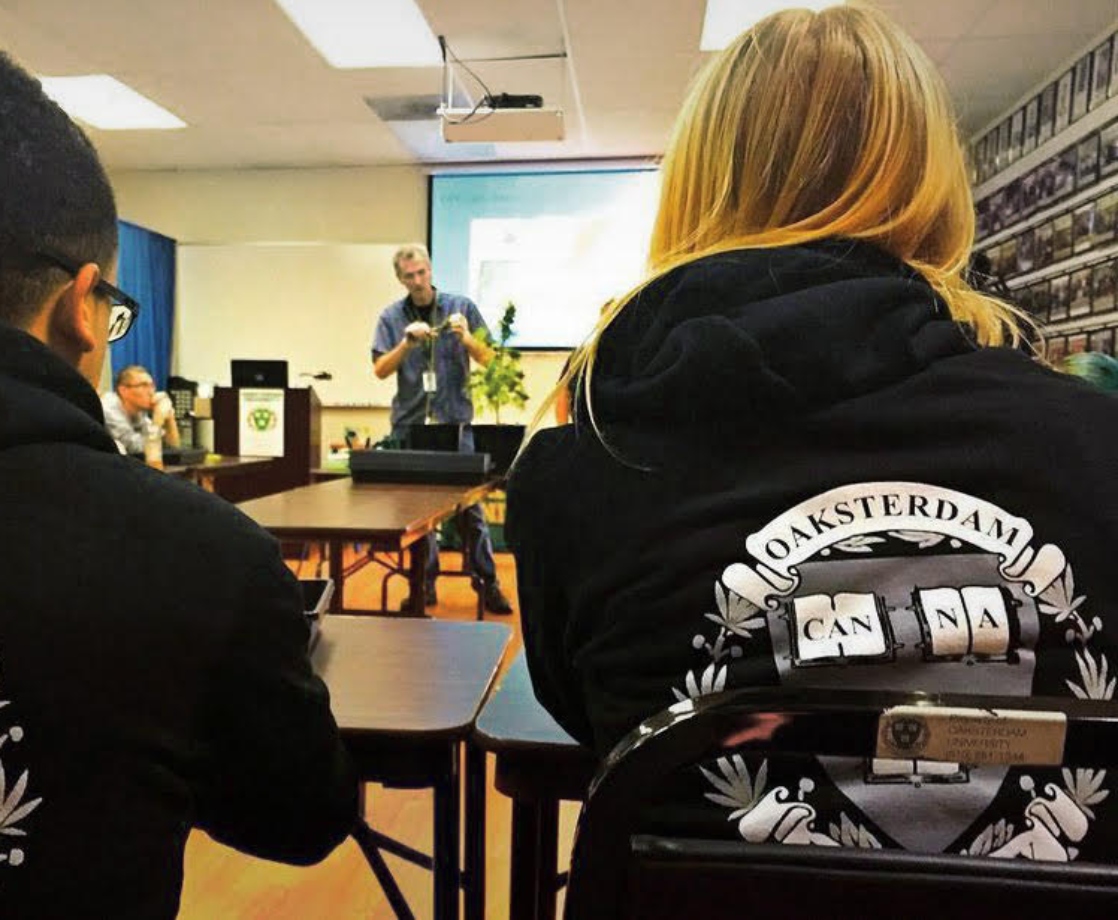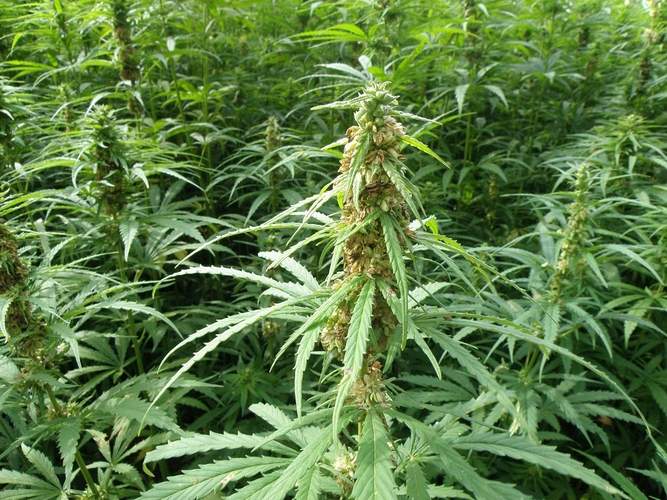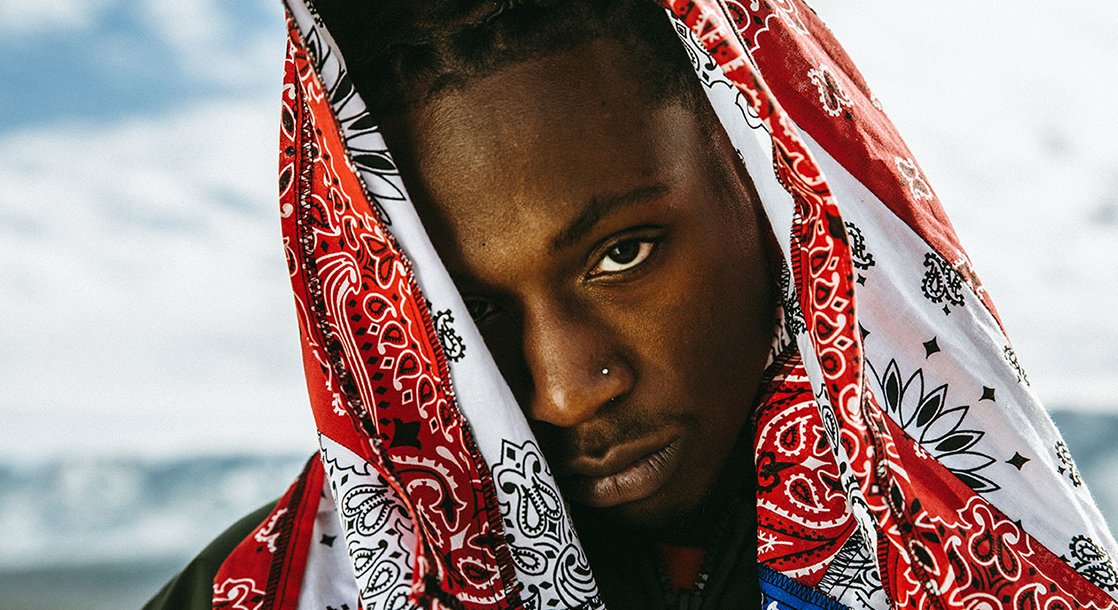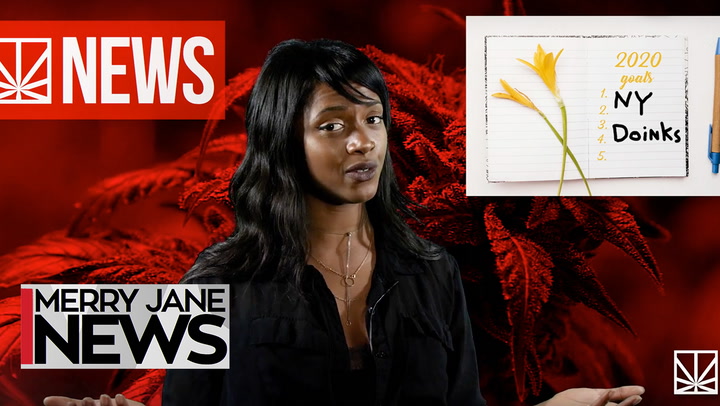Remember how much weed you smoked when you were in college? Now, imagine if you could have just majored in marijuana and made it the focus of your entire higher education experience. Life would be a dream, right?
Well, we’re happy to report that this is a reality. Oaksterdam University is billed as the “World’s First Cannabis College” and everything you might infer from that description holds true.
Established in 2007, Oaksterdam University immediately set the bar for advanced courses preparing students to become successful cannabis professionals. Oaksterdam’s intensive education goes deeper than agriculture or business courses offered at a university — the legal cannabis industry is far more nuanced and fickle than the long-standing lines of curriculum that have existed for decades.
But, that’s what gives Oaksterdam its edge. As the industry continues to evolve, so too does the Oakland-based cannabis college that moved online in 2019 and has since gone global. Instructors and courses keep pace with changing federal laws, local regulations, financial developments, marketing techniques, cultivation trends, cannabis science, and business realities in collaborative virtual semester classrooms or self-paced courses.
In fact, Oaksterdam’s staff and students sit at the forefront of scientific and medical insights in regard to cannabis. Additionally, the university’s cross-disciplinary curriculum is rooted in the legalization movement. In other words, all of the courses use cannabis’s rich history as a lens to understand and analyze the industry’s new developments, which crop up on the daily.
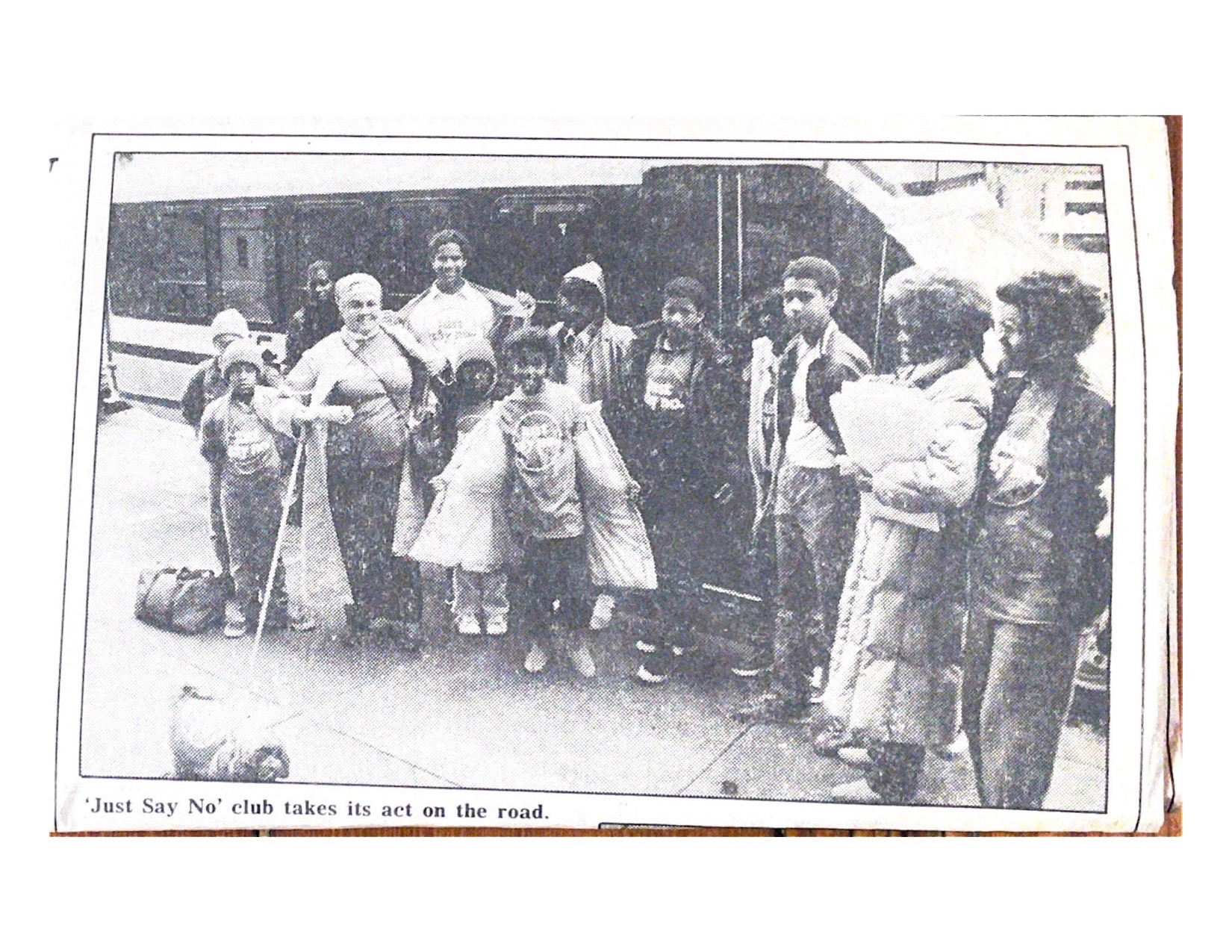
Take Oakland-native Hasain Rasheed, for instance. He was one of the original “Just Say No” kids of the 1980’s. Pushed into the Drug War campaign when he was just nine-years-old, he was flown across the country for photo opportunities with the Drug War Queen herself, Nancy Reagan.
Decades later, however, Hasain turned that gross abuse of federal power around by attending Oaksterdam University and applying the facts and strategies he learned there into a career that focuses on cannabis.
We caught up with Hasain to talk about his journey, his present studies, and what it was like to meet the kid who played “Punky Brewster.”
MERRY JANE: Let’s talk a bit about where you grew up and what that was like, particularly in regard to drugs and drug policies.
Hasain Rasheed: I grew up in Oakland, California — West Oakland, California, to be more specific. The population there is predominantly Black, Latino and, in general, people of color. I was heavily affected by those cultures, and also the culture of drug prohibition that so deeply affected all of us. Then came “Just Say No,” which actually started in Oakland — and I happened to be at the school where it started. [laughs]
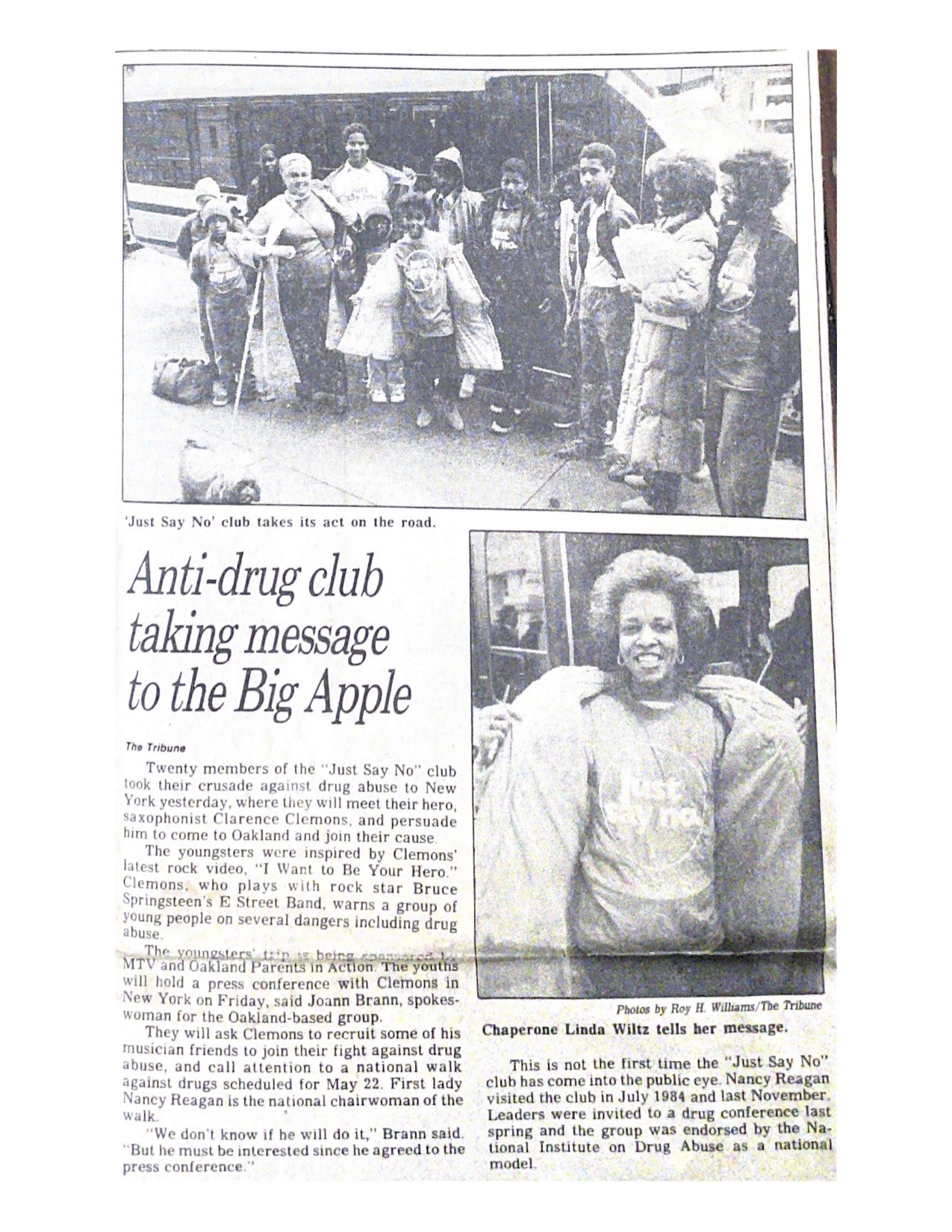
Were you one of the kids they used as a model for “Just Say No” posters and such?
Yes! I was nine or ten years old, in 5th grade. The people from the campaign started with one kid in my school and then the Reagan administration was all over it. And for a kid, you know, that’s really exciting when you don’t understand the bigger picture.
Completely. How did that affect you?
The people I knew, people in my family, the people all over my community smoked weed. And then I was like, “We’re going to stop doing that now!”
So how did they work you into the “Just Say No” events?
I was part of a group of kids that was selected to be on stage, and then that was it — I was literally part of the campaign. I met Punky Brewster. [laughs]
Wow! Soleil Moon Frye, the actress who played Punky Brewster?
Oh, yeah. Punky was there. We all got to meet Nancy Reagan and my dad was photographed with her for the news outlets. And then they took a group of us kids from Oakland to New York to be like, “Hey, these are role models. They come from these drug-torn areas!” I remember feeling like we were living it up in New York with little supervision compared to being at home.
What was that trip to New York like?
It was crazy. Because this was New York City during the height of the crack era. It looked like a war zone. I remember looking around at buildings that were half burned down and still had people living in them, and thinking, “Yeah, this would be worth smoking over.” And it smelled terrible. It was very different, way crazier than anything back in our supposedly “drug-torn” communities in Oakland.
They paraded us around saying, “These kids are good kids, they just say ‘no.’” They took us to a hockey game. I had never seen a hockey game in my life. We met Patti LaBelle and Clarence Clemmons. Jet Magazine ran a story about us, which was a big deal, being black.
I also remember looking at the insanity of New York and wondering why we were there. Now, I know it’s because the “War on Drugs” was all about the lie that would equate smoking weed with the damage of the crack epidemic.
What did your family members think?
It was a weird situation, because my father was still smoking weed. And we knew a lot of people, family friends who were smoking weed and not acting crazy. It was clearly not like smoking crack. And I remember my brother and I stealing some of my dad’s weed to hide it, thinking we were doing the right thing. At one point, I said to my brother, “All these people are smoking weed and it’s not driving them crazy.”
How did weed change in Oakland at the time?
It went underground. People were still buying, selling, and smoking it, but it was an illicit market. I remember being in high school and trying to buy weed on the street and you didn’t know if people were spraying weed at the time or what was going on. You’d have to figure out which places in Oakland you could safely buy from or not. And you could always get busted, too.
We had family friends who were getting busted and having to serve time for weed. So it was a scary period of time.
What were your thoughts on weed legalization back then?
For me, and my community, we were all against legalization back then. We thought it would decimate the community members that depended on revenue from that illegal market to survive.
Has your stance changed on that?
A decade or so later, I recognized that the miseducation of drug programs had a terrible impact on communities like mine, because it led people like me to being shut out of the legal market simply over lack of understanding of how the business flows and how it works, and also lacking the capital to get started.
We suffered under the criminalization of weed in the 1980s and ’90s and into the 2000s. People in my community and communities like mine were going to jail, some of them still serving long sentences over weed. And then there are permanent records. This has been the story of people in my family.
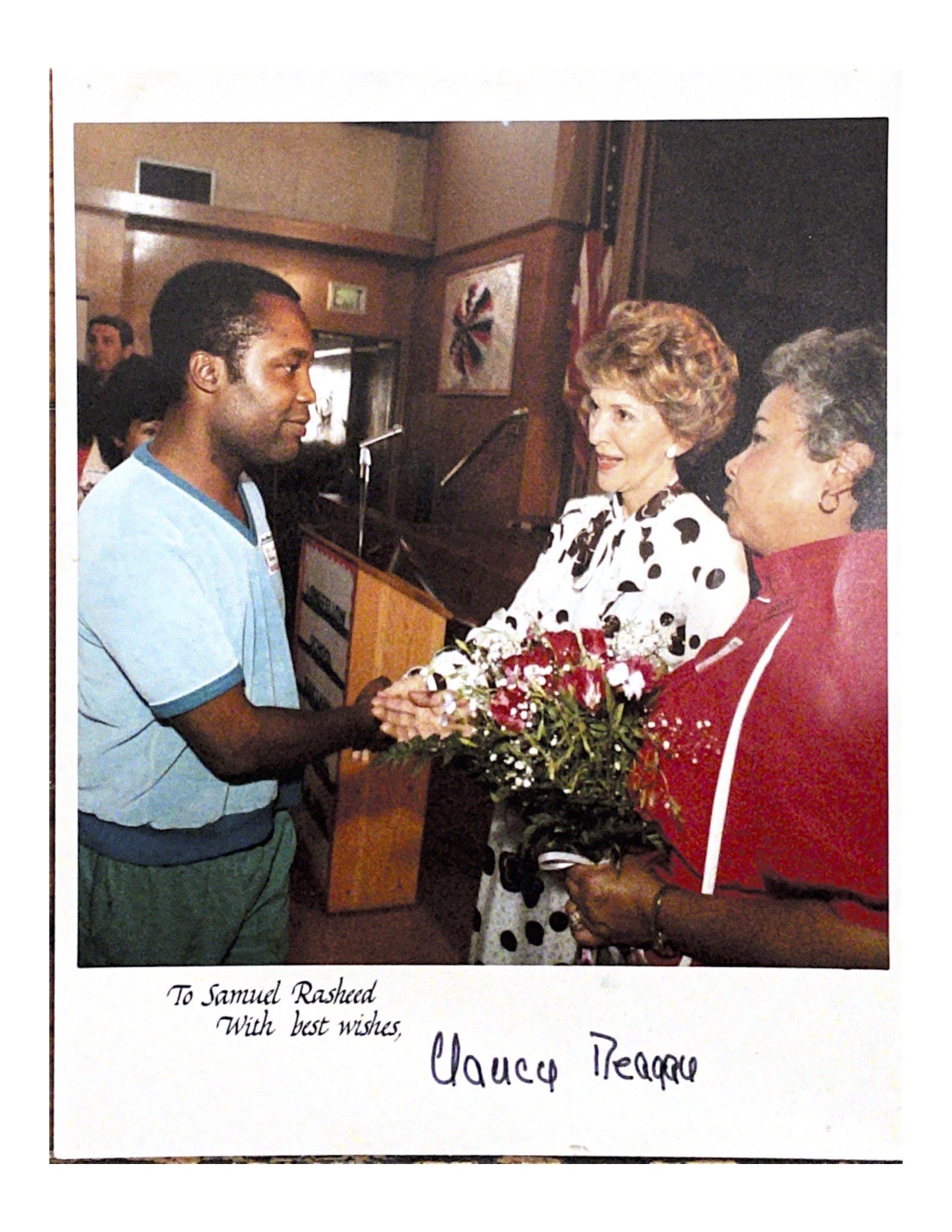
Nancy Reagan and Hasain’s father, Samuel Rasheed
So how did you first find out about Oaksterdam University?
I first learned about Oaksterdam University through my sister. She had gone to Success Centers in San Francisco and, from there, she got a scholarship to attend classes at Oaksterdam.
Now, my sister is ten years younger than me, and her experience with weed is a lot different than mine. For one thing, she doesn’t partake in cannabis as much as I do, she also grew up during a time when my dad stopped smoking cannabis. She encouraged me to reach out to Success Centers regarding Oaksterdam and they were extremely helpful.
Then, literally, right before COVID, an opportunity for me to attend Oaksterdam came up, and I took it.
What has your experience with Oaksterdam University been like?
So far, I’ve completed the business program and the horticulture program. Both have been fascinating and overwhelming in a positive way. Just the amount of sheer information has been hugely educational and instructional.
I’m basically coming from generations who have been on some side of the illicit market in cannabis, and they have clearly been against anything legal out of fear of the system and fear of the potential repercussions in an unjust system.
So, I went to Oaksterdam thinking about that risk. My education has been helpful with dispelling rumors and achieving clarity about how cannabis works on every level.
What’s been a big change in that sense?
On the illicit side, there was always a harsh view of cannabis farmers. I didn’t understand the risk associated with their grow practices, electrical and environmental hazards. Through taking classes, I now understand much more about the emphasis on safety and sustainability practices and making sure everything is above board.
I have learned things I never even thought of, like learning the stages and steps to go through for getting permits, and how to deal with the state water department and the state agriculture department.
What makes Oaksterdam University’s education techniques so effective?
One of the things I appreciate most is that the instructors intentionally place us in group working situations. And, those didn’t necessarily go the way I wanted them too initially, but that was good. It got me involved with people from all over, and I mean all over the world. There was someone in my class from France and folks on the east coast.
It was great working with people I didn’t know, a really wide group of people, and together we learned how to work in this emerging industry. It really helped me understand my own thoughts and solidify what I want to do in the industry.
The group situations also helped me to see that people come into the cannabis industry from all different angles and at all different levels.
Some people were just smoking for fun and were, like literally, “I just want to get high.” So maybe they weren’t thinking about all the crucial parts of the process, like the packaging or the grow environments, which lights to use, and how to get the right electrician to set up a grow.
I also learned about how important it is to communicate with your neighbors and community, to be straightforward about what you’re doing, and how important it is to destigmatize people’s opinions about the herbs. So it’s been great for so many reasons.
What about the Oaksterdam University faculty?
The faculty has also been great. There were people in the industry, who I had heard about, and it turns out they’re right here at Oaksterdam — teaching classes, always willing to answer questions.
I don’t know about anybody else, but I’m in constant contact with the teachers and I always get responses. I get really clear instructions on what I might be doing wrong and how I can do things better. The instructors check up on students, saying, “Hey, did you do this? Did it work? Okay, we’ll try this.”
At the same time, I’ve constantly been encouraged to provide any and all feedback about my experience to faculty so they can improve the program.
How is that different from your previous education experience?
I went to school for agriculture, digital media, and biology in the past, and I never have had that kind of direct relationship with instructors. I’ve also never been so encouraged to share positive and negative input in order to improve the program. So that has been a transformative experience.
I’ve also been really encouraged by the vast amount of resources the school provides, when it comes to taking a deeper dive into particular topics, like irrigation, pest mitigation, and lighting technology.
It’s one thing to just be given resources. It’s another thing to be in a virtual lab, and then be walking (virtually) through a grow room and a whole grow operation. All the while, you have an instructor sharing information and showing you all of the details needed for a safe, legally compliant operation. So that’s been a great experience.
What’s next for you at Oaksterdam University and beyond?
I am looking forward to participating in another semester or two online. There are faculty members I still haven’t been able to work with who I’m eager to learn from.
The future holds many things: applying for my cannabis cultivation permit here in California and continuing to encourage people in my community to participate in the legal market and secure a space now, before we are left out of this gold rush.
Use the code MERRY2021 and receive a FREE Business of Cannabis Cultivation course as a gift from me and Oaksterdam University.
What would you like to see yourself specifically doing in the business?
I am looking forward to cultivating cannabis, indoors and outdoors, right here in Oakland. I want to provide jobs for people of color — jobs and education. I would love to create a sustainable model that serves my community all the way from cultivation to retail.
To learn more about Oaksterdam University, or to apply as a student, visit the school’s website.
**This was made in partnership with Oaksterdam University.


